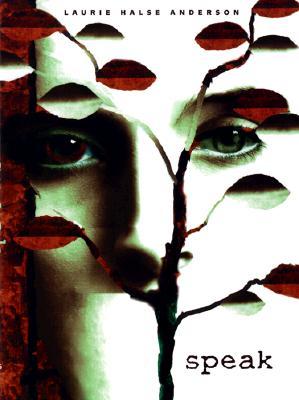I’m a bit of a snob. Not the condescending obnoxious kind that thinks everything I like is better than everyone else’s, or the uppity bourgeoisie kind that marries importance of brands to my self-worth, but more like the kind that likes high quality items and doesn’t like to waste time with mediocre, mainstream garbage. Life is too short to waste on junk food, music, films or books. I can appreciate the occasional sitcom, romantic comedy or Beyonce single, but I would rather get lost in quality shows like The Wire, or a complex indie film. As for music? Well look for yourself.
While I occasionally dip into the top 40 or watch some terrible blockbusters for mind numbing satisfaction, I have a much more difficult time reading trash. I respect the relationship between text and soul too much to allow myself to waste a few weeks reading a trashy novel. I like books with depth. I want them well written and insightful. I want my books to change the way I see the world and make me think and feel and well….you get it.
Needless to say, I seldom, if ever, read young adult fiction. As a middle school English teacher this is problematic. I know. I have made a ridiculous stand against titles like Harry Potter, Twilight, and ahhhh….ohhhhh those are the only two series I know. You see? I got issues.
A few months ago someone on Twitter suggested I read Speak– a 1999 novel by Laurie Halse Anderson about a girl named Melinda Sordino who is an outcast as a high school freshman due to reasons later revealed in the book…Read more here.
Melinda Sordino busted an end-of-summer party by calling the cops. Now her old friends won’t talk to her, and people she doesn’t even know hate her from a distance. The safest place to be is alone, inside her own head. But even that’s not safe. Because there’s something she’s trying not to think about, something about the night of the party that, if she let it in, would blow her carefully constructed disguise to smithereens. And then she would have to speak the truth. This extraordinary first novel has captured the imaginations of teenagers and adults across the country.
As always, I was reluctant, but decided to end by supercilious embargo and read something that could prove not to be “quality” literature. Man! Was I pleasantly surprised. Speak is fantastic. Is it a classic to be studied for generations to come and placed in the canon next to Dostoevsky and Tolstoy? Probably not. It is a well written, easily accessible novel that will grip young readers because it is about issues they deal with- sexuality, acceptance, gender roles, alienation, depression, friendship and more. Yes! With clear and simple symbols and themes, enough figurative language to keep teenagers engaged, and a real world accessibility- Speak is the perfect book for any ninth grade English class novel study.
While the main event of the book, a rape, can seem controversial to some districts, it is important to remember that 1 in 6 American women will be the victim of an attempted or completed rape. In the U.S. a rape is reported every five-minutes. Nearly half of all rapes and sexual assault victims are girls under the age of 18. If a girl is old enough to be raped, or if a boy is old enough to attack, than they are both old enough to talk about why in a classroom. It should be our duty as teachers to help young people navigate these issues.
But this book is not only about rape. It is about the alienation so many young people feel while in school. It is about the disconnect between the dreams promised- study hard, be popular, succeed, be happy and the reality- we are all broken in some way, trying to find a way to make the world make sense. School is not all cheerleaders and prom queens, for most of us, high school was/is a terrifying four years of uncomfortable understanding of who we are and what is expected of us from our friends, family, teachers, and society. Speak does a great job of showing the world through the eyes of a broken young woman who finds a way to heal herself.
The cynic in means has to say that parts of the book do read like an after school special, but for the most part it was a pleasure to read. The cold sardonic tone and imagery held my attention, and I didn’t want it to end. I would have loved a book like this when I was fourteen. Sure, we can continue to try and connect to students by pushing the greatness of Mice and Men, but perhaps we should start where kids are. Let them relate to characters that are dealing with issues they face, then move into Salinas county and the rabbits. I would love to teach this book with say Catcher and the Rye and a film study of Elephant.
I would also love to hear from those of you who have already taught this book. What resources can you share? How did students react? Parents? Did you face any obstacle or problems? Final note, I would love to dive deep into more quality young adult fiction. Friends are always recommending great series, but I always lose track. Could you please share your favorites in the comments below. Don’t worry about mentioning The Hunger Games. I have already placed an order.



